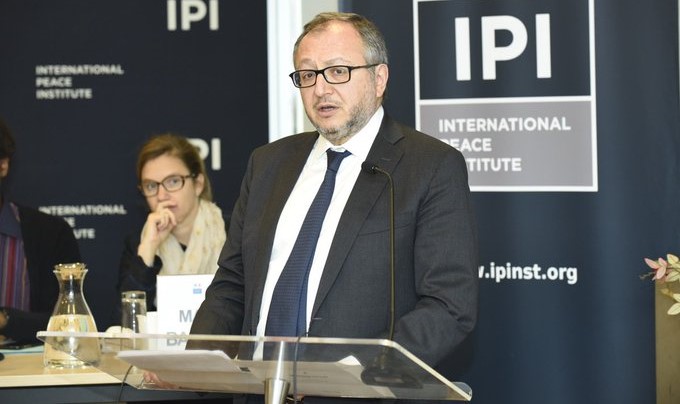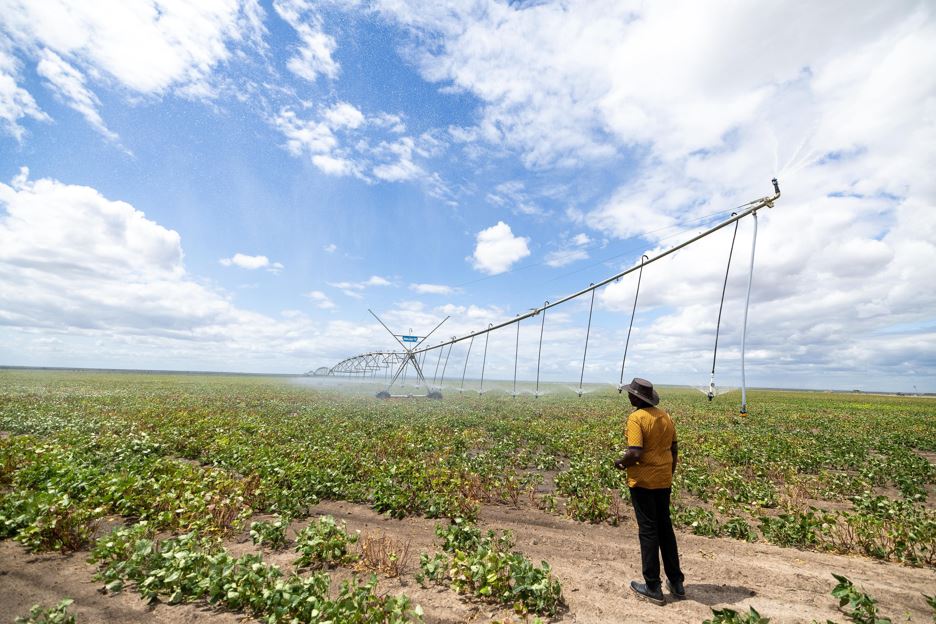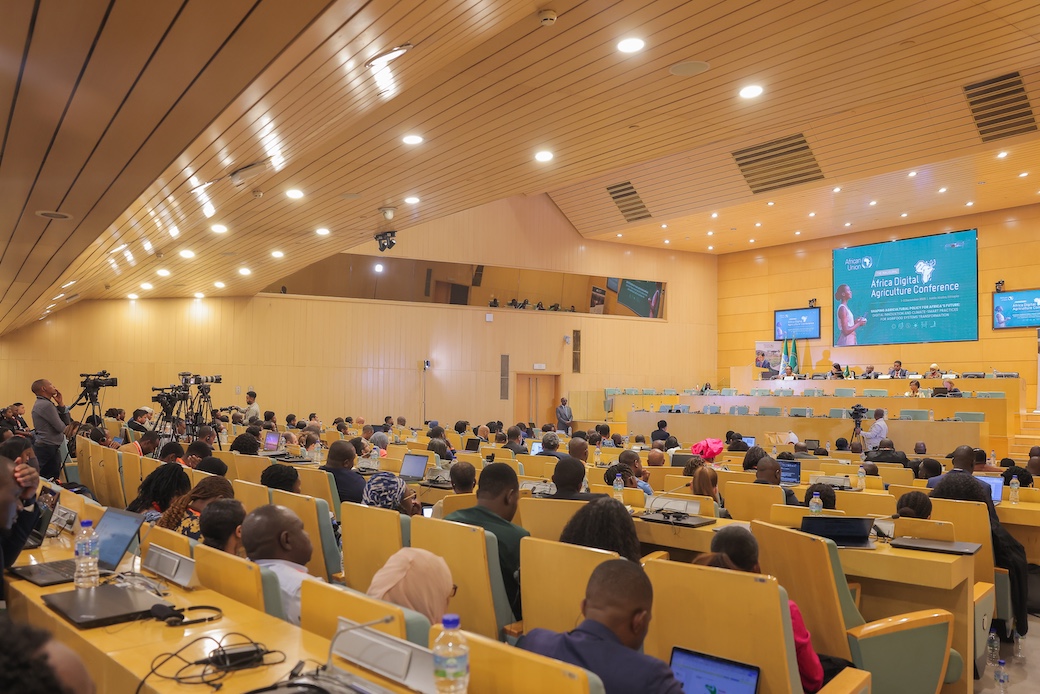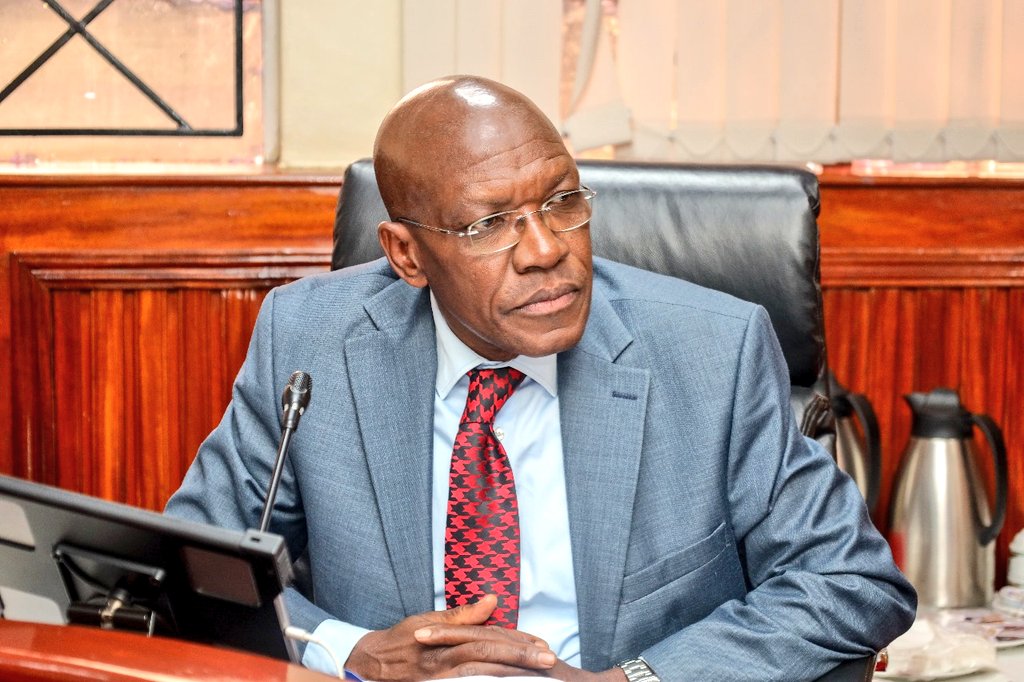Shippers protest Kephis’ new container inspections, warn of delays and higher costs

Kephis has rolled out a comprehensive inspection regime mandating all cargo containers, both loaded and empty, to undergo checks aimed at ensuring sanitation compliance for export shipments.
Shipping firms and trade lobby groups have criticised the Kenya Plant Health Inspectorate Service (Kephis) over its mandatory cargo container inspections, warning that the move will cause delays, increase costs, and undermine the competitiveness of the Mombasa port.
Kephis has implemented a full-scale inspection regime requiring all cargo containers, both loaded and empty, to undergo mandatory checks aimed at enhancing sanitation compliance for exports.
More To Read
- Nairobi to host EU-backed regional Maritime Security Week
- Kenya wants China to remove tariffs on coffee, tea, avocados as trade imbalance persists
- Kenya battles Nigeria, South Africa to keep IMO seat as Africa’s voice in global shipping
- Government targets illegal seed dealers in bold move to safeguard farmers from counterfeits
- Weak regulation, environmental crisis pose threat to Africa’s maritime growth - KMA
- Somali maritime police complete UN training to strengthen coastal security
According to the agency, the inspections are intended to ensure that all containers used to transport agricultural and other regulated commodities meet cleanliness and suitability standards before being cleared for use.
To support the rollout, Kephis has deployed additional personnel and is targeting the inspection of up to 200 containers per day.
“Take note that all containers, both loaded and empty, used for export of agricultural and other regulated commodities must be cleaned at Kephis-approved depots and issued with a valid container cleanliness certificate. Containers that do not meet these requirements will not be accepted for clearance,” Kephis Managing Director Theophilus Mutui said in a notice dated May 28, 2025.
Cleaning and inspection
Under the new directive, traders and shippers are expected to send their containers to selected container freight stations (CFSs) for cleaning and inspection. Kephis has introduced an inspection fee structure of Sh2,000 per vessel and Sh500 per container, regardless of size.
The move, however, has stirred resistance from industry players who argue that the directive will disrupt operations at the Mombasa port, increase the cost of doing business, and undermine the port’s efficiency and competitiveness.
Shipping lines have already revised their charges to accommodate the new procedures. Diamond Shipping Services, in a client notice, announced additional fees effective June 1, 2025.
“Please note, effective June 1, 2025, a container inspection surcharge shall be applicable to all import and export containers as follows: $10 (Sh1,292.40) per container for all Kenyan local imports and export containers; $5 (Sh646.20) per container for all transit imports and exports via Mombasa,” reads the notice.
The Kenya Shipping Agents Association (KSAA), the Shippers Council of Eastern Africa (SCEA), and several traders have criticised the policy, arguing that the inspection process is redundant and could trigger operational gridlock.
International shipping protocols
KSAA Chief Executive Elijah Mbaru said the Kephis directive clashes with international shipping protocols and duplicates existing oversight roles already handled by port health officials.
“Kephis has no business to do with the inspection of ships; it’s a confidant of the International Maritime Organisation (IMO) and pegged in the cluster of MARPOL port state control under Kenya Maritime Authority,” Mbaru told the Nation.
“Shipping is regulated by international laws, and these inspections will only cause delays in the supply chain.”
Other Topics To Read
- Headlines
- National
- KEPHIS
- International Maritime Organisation
- Kenya Plant Health Inspectorate Service
- Shipping
- cargo containers
- container freight stations
- CFS
- Kenya Shipping Agents Association
- Shippers Council of Eastern Africa
- Shippers protest Kephis’ new container inspections
- warn of delays and higher costs
SCEA CEO Agayo Ogambi echoed the concerns, warning that the added costs would be pushed down to consumers.
“Traders will raise their operating fees, which will be passed on to consumers to recover the new charges imposed by Kephis,” he said.
Ogambi urged the government to allocate more resources to key cargo clearance agencies and streamline operations to avoid duplication and inefficiency.
Despite the backlash, Kephis maintains that the inspection regime is crucial in safeguarding the integrity of agricultural exports and ensuring compliance with international phytosanitary standards.
Top Stories Today












































